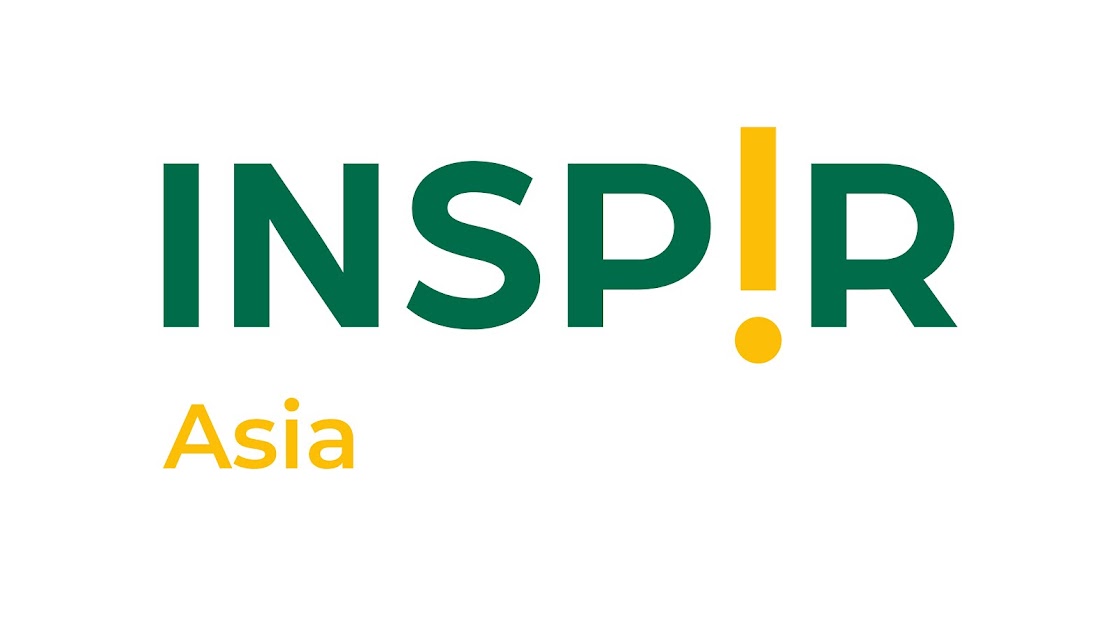 After Bangladesh, I was very excited to discover my home for the next two years: Kathmandu, capital of Nepal. We were invited for a Congress of one of our two Nepali partners, GEFONT (facebook). For those who don't know about them, they're a bit the Parliament for workers unions. They're often once every two years, huge events where workers unions invite all their members, elect new leadership, discuss strategic choices and documents etc. They also invite other workers unions to witness the event and show their solidarity.
After Bangladesh, I was very excited to discover my home for the next two years: Kathmandu, capital of Nepal. We were invited for a Congress of one of our two Nepali partners, GEFONT (facebook). For those who don't know about them, they're a bit the Parliament for workers unions. They're often once every two years, huge events where workers unions invite all their members, elect new leadership, discuss strategic choices and documents etc. They also invite other workers unions to witness the event and show their solidarity.
It started off with a solidarity march, gathering over 3.000 people I would estimate. We then headed over to the city halls, where in a big aula, the opening ceremony took place. It was all very impressive, with speeches from the general secretary, a video conference with Sharan Burrow, the General Secretary of ITUC, who was speaking from their headquarters in Brussels, a previous Prime Minister, M Prachanda, a spoke person for the employers union etc. All very well organised, with live streaming, timely, and with supporting documents and videos. Even the visitors badge we received was a USB key with the key documents!
 |
| Previous Prime Minister Prachanda making a speech during the opening ceremony |
 The afternoon, when the members and delegates discuss their internal affairs, there was a side-event regarding the work they do concerning Nepal migrants going to work in the Middle east, and Quatar specifically. Here, every delegate was also thanked by the President, M Bishnu Rimal, and honored with a present.
The afternoon, when the members and delegates discuss their internal affairs, there was a side-event regarding the work they do concerning Nepal migrants going to work in the Middle east, and Quatar specifically. Here, every delegate was also thanked by the President, M Bishnu Rimal, and honored with a present.








.JPG)
.JPG)

.JPG)




.JPG)
.JPG)
.JPG)
.JPG)
.JPG)
.JPG)
.JPG)
.JPG)
.JPG)



